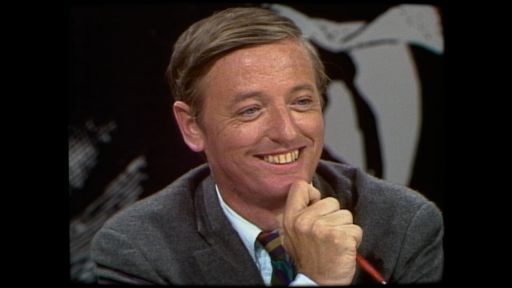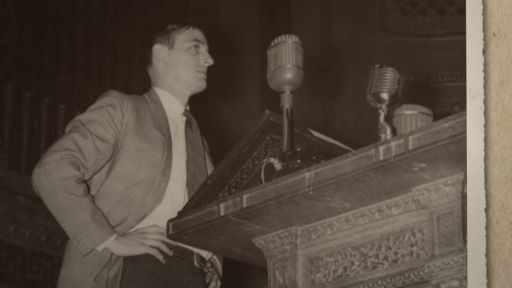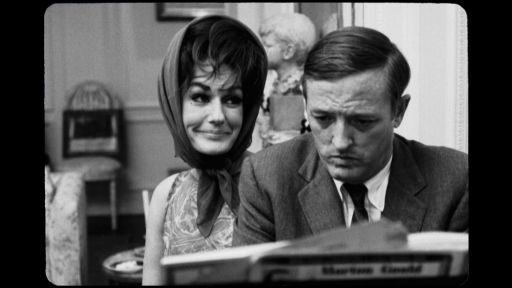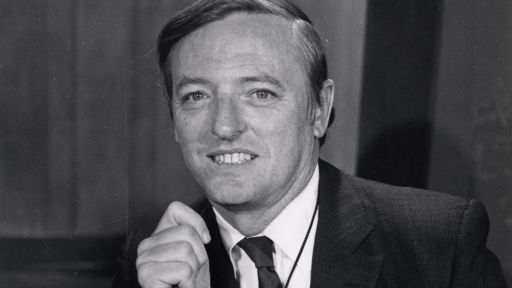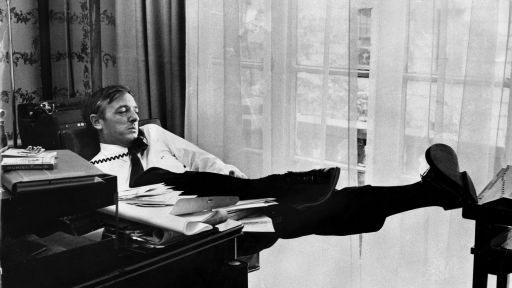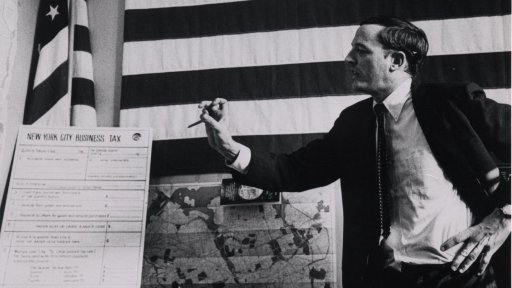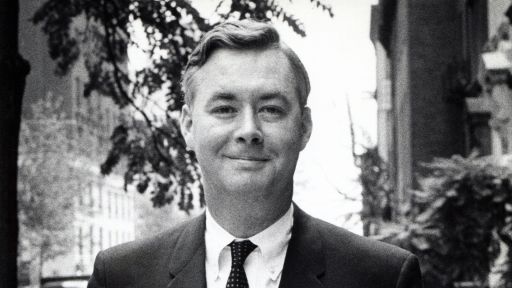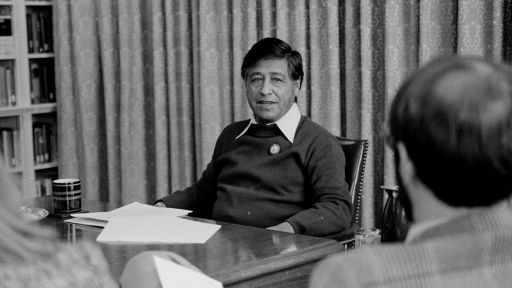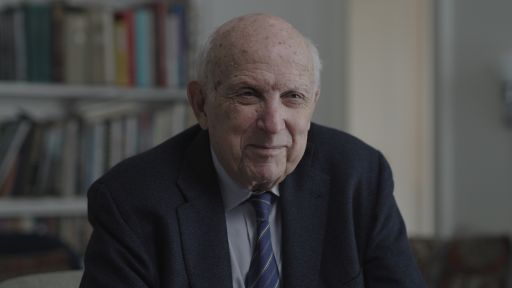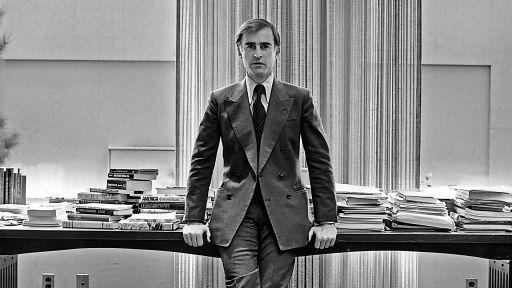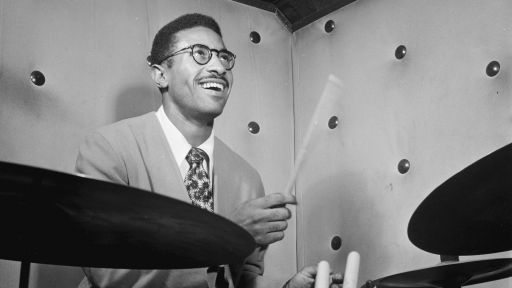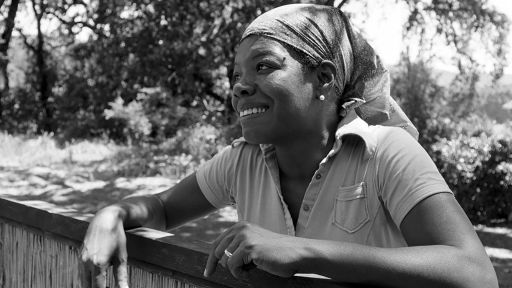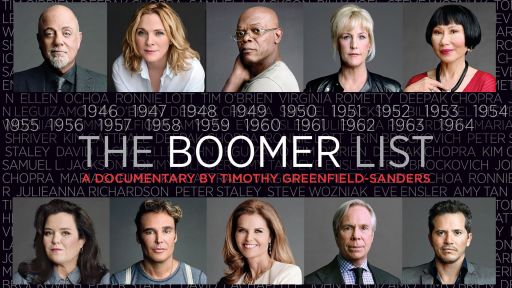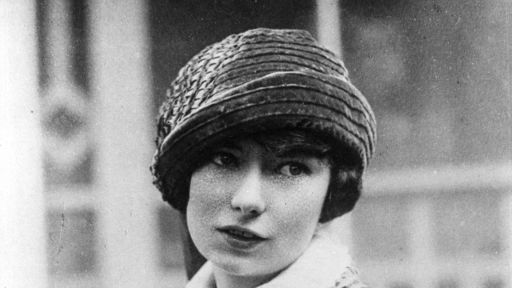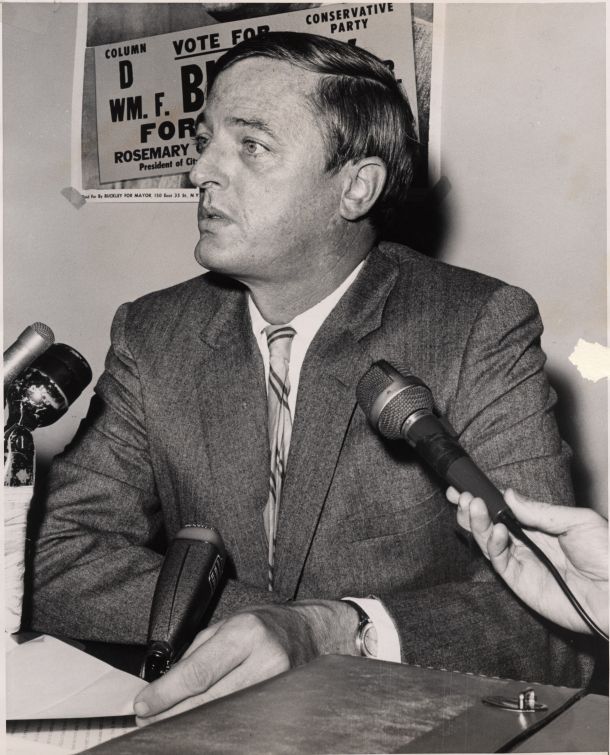 William F. Buckley, Jr. is widely considered one of the architects of the modern conservative movement who influenced generations of politicians, including Ronald Reagan and Barry Goldwater. As founder of the National Review and host of the public affairs program “Firing Line” for over 30 years, Buckley created new spaces for civic discourse that were accessible to the public. This timeline explores William F. Buckley, Jr.’s life and the major milestones in his career.
William F. Buckley, Jr. is widely considered one of the architects of the modern conservative movement who influenced generations of politicians, including Ronald Reagan and Barry Goldwater. As founder of the National Review and host of the public affairs program “Firing Line” for over 30 years, Buckley created new spaces for civic discourse that were accessible to the public. This timeline explores William F. Buckley, Jr.’s life and the major milestones in his career.
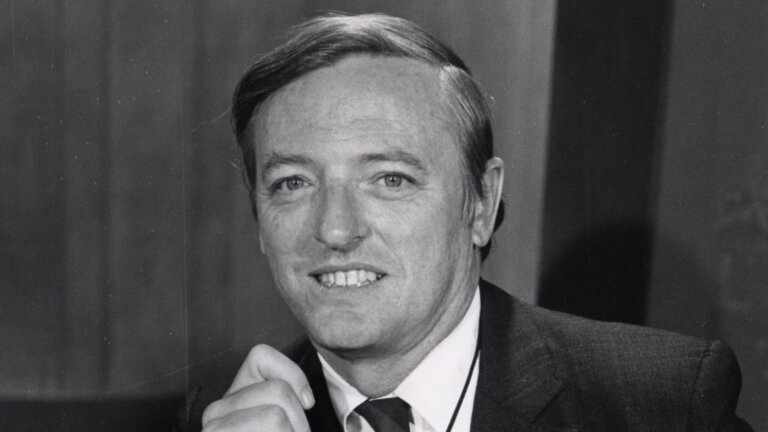
William F. Buckley, Jr. is born on November 24 in New York City to Aloise Steiner Buckley and William F. Buckley, Sr.
Buckley serves in the U.S. Army during World War II as a second lieutenant. He did not see combat.
LIFE AT YALE
Buckley enrolls at Yale University, where he is a champion debater, a member of the elite secret society Skull and Bones and the controversial editor of the Yale Daily News.
Buckley marries Patricia Taylor, a Canadian heiress, in Vancouver.
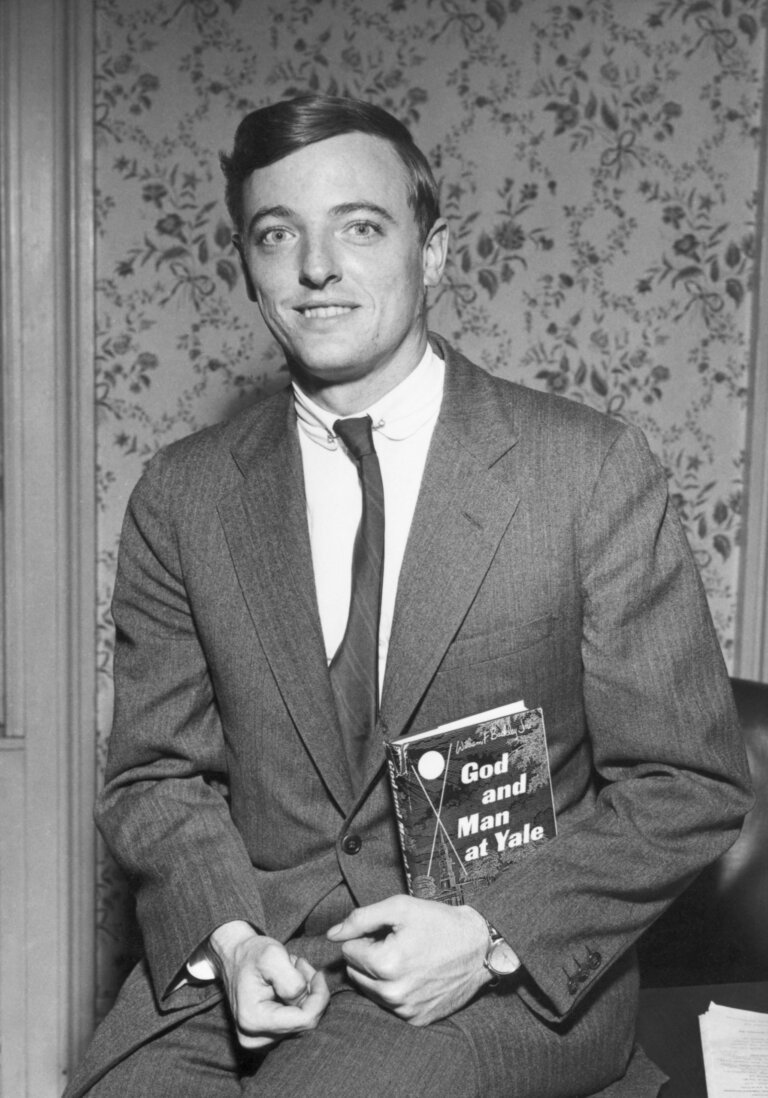
Buckley publishes his first book, “God and Man at Yale,” in which he charges that his alma mater is pursuing educational philosophy that slights religion and free enterprise capitalism in pursuit of “academic freedom.”
Buckley publishes his second book, “McCarthy and his Enemies,” a cautious defense of Joseph McCarthy’s communist-hunting.
THE NATIONAL REVIEW
Buckley founds National Review, which becomes the intellectual beacon of the conservative movement.
Buckley backs the Presidential campaign of Barry Goldwater, but begins the pruning of extremist elements, such as the John Birch Society, from the conservative movement.
Buckley debates writer and civil rights icon James Baldwin at Cambridge University in England. He is soundly defeated and exposed as an elitist.
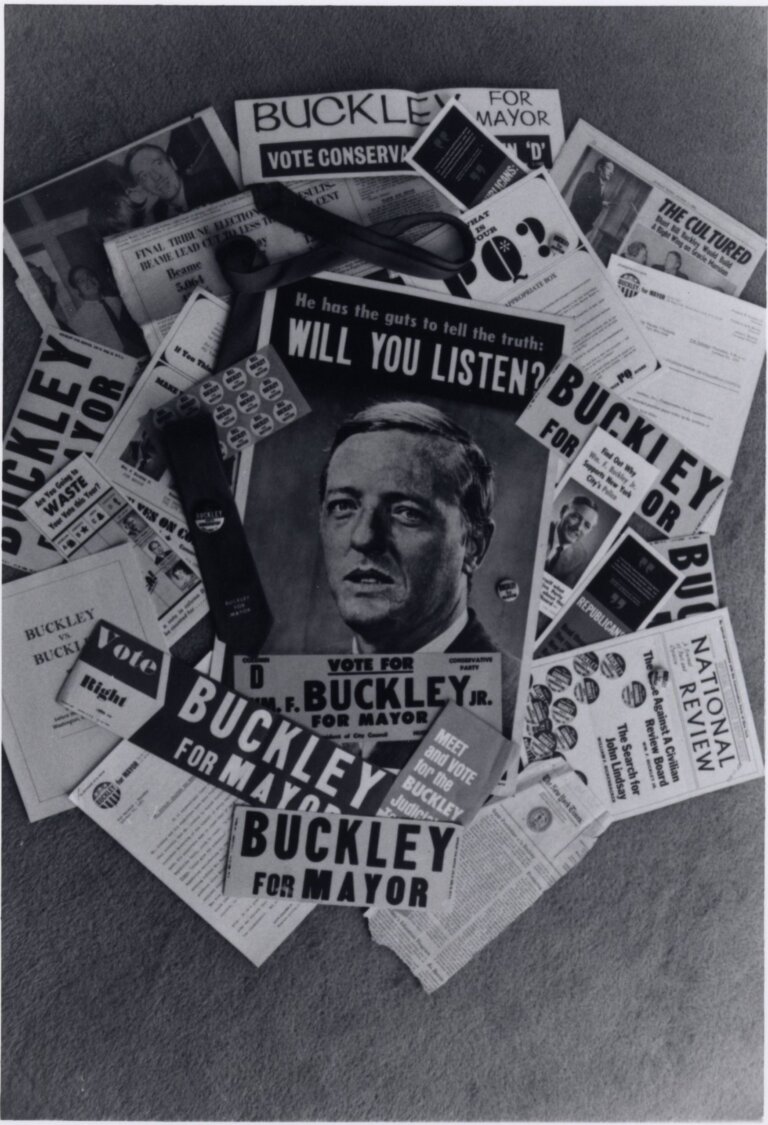
MAYORAL RUN
Buckley stages a long-shot mayoral bid in New York City. To everyone’s surprise, including his own, he attracts solid support from the white, ethnic, working-class voters of the city, signaling the beginning of an exodus from the Democratic Party.
Buckley presents the first episode of his television show “Firing Line,” which will run for the next 33 years and have over 1,500 episodes. Noted for its intellectual depth, lively conversation, and breadth of subjects and guests, “Firing Line” set a standard for interview shows.
Buckley debates liberal writer Gore Vidal on ABC television during the Democratic Convention in Chicago. In one of the most famous moments of live television ever captured, the pair almost come to blows over the behavior of Chicago police officers toward demonstrators on the streets of the city.
Buckley persuades his brother, Senator Jim Buckley of Connecticut, to become the first Republican senator to call for the resignation of Richard Nixon.
Buckley publishes his first novel, “God Save the Queen.”
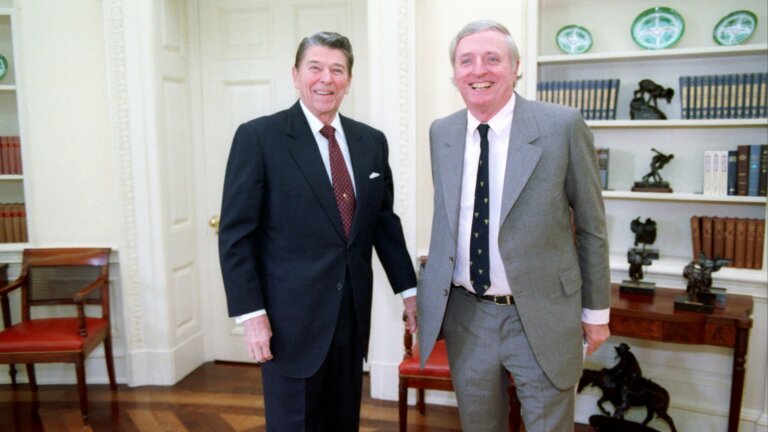
Governor Ronald Reagan of California is elected President, representing the culminating triumph of Buckley’s career.
Buckley retires as editor of National Review.
Buckley dies of complications from emphysema in his Stamford, Connecticut home on February 27. At the time of his death, he was working in his home office on another book about his conservative movement.

